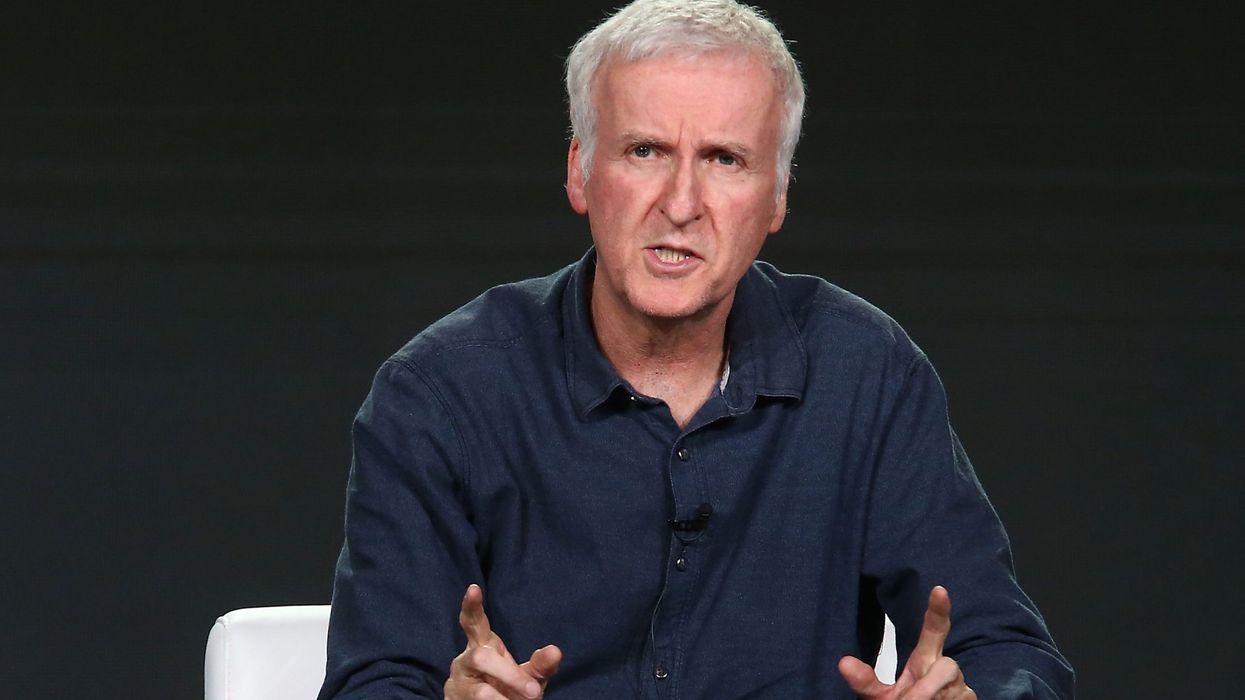Director James Cameron revealed that it took at least 13 years to come up with the screenplay for 'Avatar 2'.
According to Variety, Cameron shared that before "Avatar: The Way of Water" there was a full 'Avatar 2' screenplay that was written and then thrown into the trash. It turns out that at least an entire year of the 13-year gap between 2009's "Avatar" and 2022's "The Way of Water" was spent on a screenplay that will never see the light of day. The director said, "When I sat down with my writers to start 'Avatar 2,' I said we cannot do the next one until we understand why the first one did so well." "We must crack the code of what the hell happened."
Cameron and his team came with the solution. He shared, "All films work on different levels. The first is surface, which is character, problem and resolution. The second is thematic. What is the movie trying to say? But 'Avatar' also works on a third level, the subconscious. I wrote an entire script for the sequel, read it and realized that it did not get to level three. Boom. Start over. That took a year."
During an appearance on "The Marianne Williamson Podcast" last year, Cameron elaborated more on this third level that he believes allowed "Avatar" to become the highest-grossing movie of all time at the worldwide box office.
Last year, during a 'The Marianne Williamson Podcast' show, Cameron revealed that more on this third level that he believes allowed "Avatar" to become the highest-grossing movie of all time at the worldwide box office, as per Variety.
He said, "There was a tertiary level as well...it was a dreamlike sense of a yearning to be there, to be in that space, to be in a place that is safe and where you wanted to be." "Whether that was flying, that sense of freedom and exhilaration, or whether it's being in the forest where you can smell the earth. It was a sensory thing that communicated on such a deep level. That was the spirituality of the first film."
He also fired his "Avatar" sequel writers as they were trying to create new stories as opposed to figuring out what made the first movie a record-breaker.
Cameron added, "When I sat down to write the sequels, I knew there were going to be three at the time and eventually it turned into four, I put together a group of writers and said, 'I don't want to hear anybody's new ideas or anyone's pitches until we have spent some time figuring out what worked on the first film, what connected, and why it worked." "They kept wanting to talk about the new stories. I said, 'We aren't doing that yet.' Eventually, I had to threaten to fire them all because they were doing what writers do, which is to try and create new stories. I said, 'We need to understand what the connection was and protect it, protect that ember and that flame.'"
Recently, James Cameron unveiled several scenes from 'Avatar: The Way of Water' from the second installment of his epic sci-fi franchise, on September 10 at D23 Expo.
The film once again centres on Worthington's Sully and Saldana's Nav'i character Neytiri.
A sequel to Award-winning 2009 epic adventure 'Avatar,' which was released in theatres 13 years ago, the script comes from Cameron and Josh Friedman.
'Avatar: The Way of Water' stars Zoe Saldana, Sam Worthington, Sigourney Weaver, Stephen Lang, Cliff Curtis, Joel David Moore, CCH Pounder, Edie Falco, Jemaine Clement, and Kate Winslet.
The second part of the film will hit theatres globally on December 16, 2022. (ANI)




